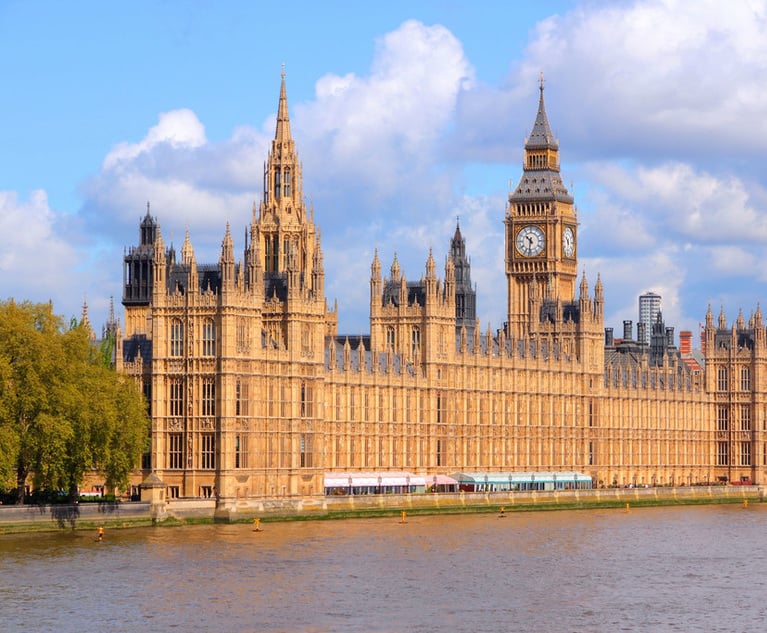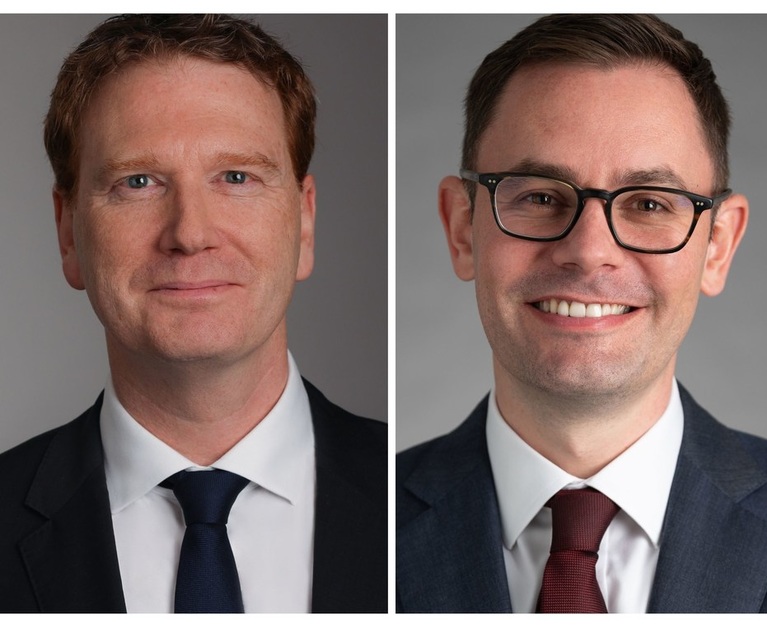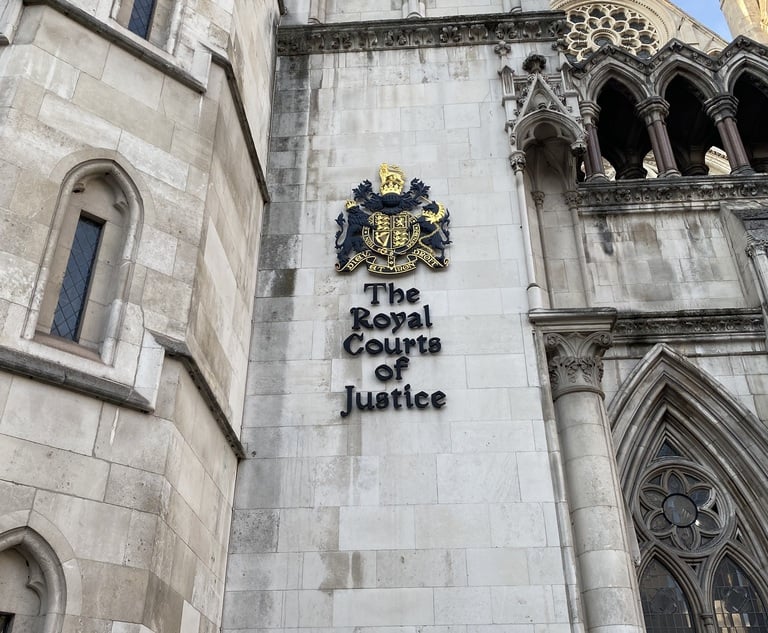The football world has recently been rocked by reports in the German press about a rape allegedly perpetrated in Las Vegas by Cristiano Ronaldo in 2008. The allegations are shocking – Ronaldo’s alleged victim, Kathryn Mayorga, paints a deeply unpleasant picture of the world-famous footballer’s behaviour in an extensive interview with German newspaper Der Spiegel.
Responses to the article have been far from conciliatory. Ronaldo himself denies the accusations, despite having paid almost $400,000 to Mayorga in settlement. His lawyers have come out aggressively, criticising Der Spiegel and vigorously defending their client’s innocence. Juventus, Ronaldo’s new football club, have also defended their employee in unusually strong terms.
Ronaldo is perhaps the highest-profile European celebrity to be accused in the wake of the #MeToo movement. Press coverage of prominent cases has given victims greater courage to speak out; Mayorga reports feeling emboldened to tell her story after spending “many hours” reading the stories of other women affected by #MeToo.
The Ronaldo case is also notable because of the use of a non-disclosure agreement (NDA) which, according to Der Spiegel, prohibited Mayorga from “ever speaking about the incident”. While settlement agreements in the US cannot prevent individuals from reporting illegal conduct, in effect they act as a gagging order on victims who find themselves unable to speak out for fear of the financial repercussions. This chilling effect exists despite the fact that in many US jurisdictions, there are laws that require citizens to report crimes.
To complicate matters further, while a physical sexual assault would be a crime in any jurisdiction, off-colour jokes or unwanted romantic advances generally would not. As such, an NDA in the US could not validly prohibit a sexual assault victim from reporting the crime to authorities, but it could lawfully prevent someone from speaking out about unwanted advances or non-criminal sexual behaviour. Recent examples of high-profile cases illustrate this point. Stormy Daniels’ allegations against President Trump involve what is claimed to have been a consensual sexual encounter that does not appear to implicate criminal conduct. Harvey Weinstein, on the other hand, is alleged to have engaged in various instances of non-consensual sexual assault. The former, then, could be the subject of a valid NDA, while the latter could not.
In the UK, there is also a growing concern that the usage of NDAs has been extended beyond a permissible level. This concern has been fuelled in recent weeks, after The Daily Telegraph newspaper alleged that a high-profile UK business person made use of NDAs to prevent disclosure about his unsavoury conduct. The Court of Appeal granted an interim injunction prohibiting the disclosure of that individual’s identity. However, Lord Hain, a member of the House of Lords, used parliamentary privilege to name him.
Earlier this year, the Solicitors Regulation Authority issued a warning notice that instructed UK solicitors to avoid using NDAs in several situations. For example, they should not be used as a means of threatening litigation, or to dissuade employees from making disclosures that are protected by statute or reportable to regulators or law enforcement agencies. The political climate is such that many see Lord Hain’s intervention as admirable, and some commentators are now advocating for an outright ban on the use of NDAs in the employment context.
In the US, the #MeToo movement is also spurring legal changes. Nearly half of the states in the US have recently introduced or passed legislation to limit the use of NDAs in sexual misconduct cases, or to limit the ability of employers to require arbitration of sexual misconduct claims. It is anticipated that there will be challenges to many of these laws under the US Federal Arbitration Act (which requires that arbitration agreements be treated no less favourably than other private contracts) and as an unconstitutional limitation on an individual’s right to enter into contracts, so it may be years before there is certainty regarding the enforceability of NDAs in this context.
The future of the allegations against Ronaldo will not reach a resolution any time soon. This week, he reiterated that his “lawyers are confident” of proving his innocence. The debate about Ronaldo’s actions and the future of NDAs will continue to rage on both sides of the Atlantic for some time to come.
This article was co-authored by Mark Callaghan, associate at GQ|Littler, and Littler shareholder Joshua Kirkpatrick.
- Click here for more from Legal Ladder, our dedicated careers blog to help lawyers and recruiters keep abreast of the key issues facing the profession
NOT FOR REPRINT
© 2024 ALM Global, LLC, All Rights Reserved. Request academic re-use from www.copyright.com. All other uses, submit a request to [email protected]. For more information visit Asset & Logo Licensing.









